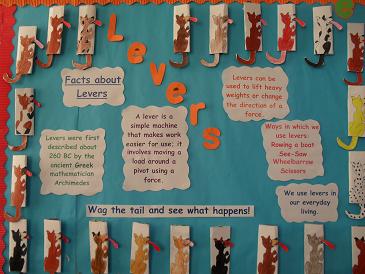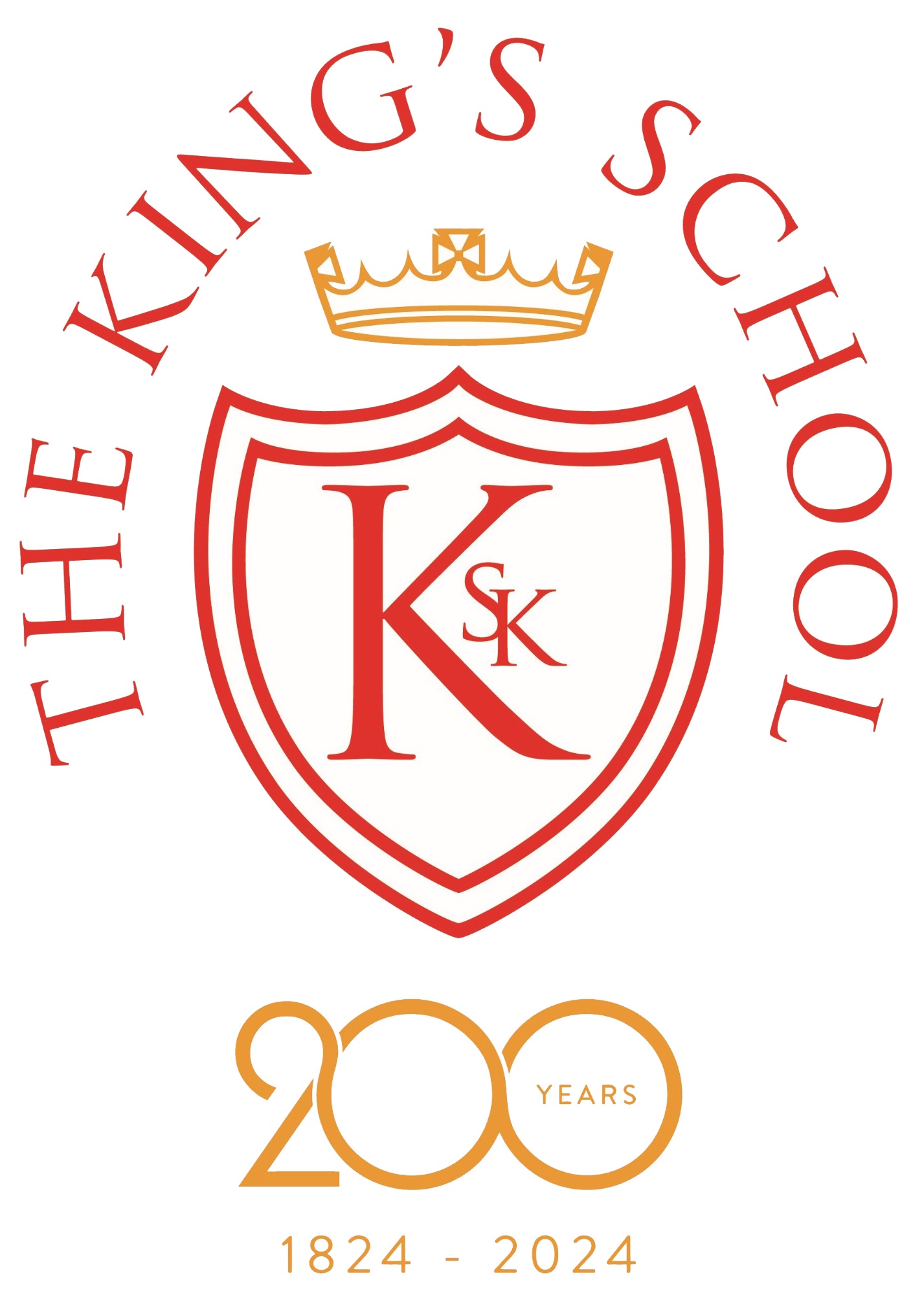Science
"I can do all things through Christ who strengthens me" (Philippians 4:13)
Intent- How our curriculum is structured and organised
Science at The King's School aims to stimulate and excite children’s curiosity about phenomena and events in the world around them. It also satisfies this curiosity with knowledge. Through play, observation, investigation and research children learn scientific concepts from a very early age and because of its practical nature science engages learners at many levels. Children learn to question and discuss science-based issues that may affect their own lives locally and globally and the future world.
On their learning journey in science children study:
- Plants
- Animals
- Living things and their habitats
- Reproduction & classification
- Humans
- Rocks & Soils
- Light & Sound
- Forces & Magnets
- Earth & Space
- Electricity
- Materials & States of Matter
These areas of learning are re-visited across the curriculum from EYFS - YEAR 6, building on children’s learning as they progress through the school, as detailed in Our Knowledge and skill progression map. Throughout the science curriculum children learn about different scientists and inventors, selected to ensure diversity and cultural representation.
Working scientifically skills are a part of all science learning and are developed and built on over time.

Science at the King’s School is motivating, relevant and inspiring, ensuring that children develop knowledge and practical skills, which will allow them to explore the world and create a fuller understanding of scientific phenomena and the procedures for its exploration and investigation.
Implementation - How our curriculum is taught
Learners are encouraged to:
- Foster curiosity - enthusiasm and curiosity for science is promoted at every opportunity
- Be Practical – creating hands-on activities inspired and guided by our questions in everyday contexts.
- Have fun - Science should be engaging and fun and current
- Promote talk, reasoning and deeper thinking – using resources like Explorify and Espresso to keep up to date with scientific developments and encourage discussion and reasoning
- Get outside – developing our outdoor area and utilising our locality including Pensford, Kew Gardens and the River Thames to support our learning. An exciting range of curriculum enhancement activities are provided including trips, visitors, parent led talks and after school clubs.
- Be scientific - Correct (age-appropriate) scientific vocabulary is confidently used and modelled by everyone and shared in our displays
- Find Cross curricular links – creating overlaps in all areas of our learning to broaden our experiences and create a more complete understanding of the world
- Be excited and inspired – meeting real scientists and engineers to see how STEM subjects are used in the work place with the aim of inspiring the next generation and raising aspirations for future STEM careers
Early Years Foundation Stage
In the Foundation Stage, children are taught Science through the key area of learning set out within the EYFS Statutory Framework. Through a broad range of teacher-led, child-initiated and continuous learning opportunities, children will be taught to:
• Explore the natural world around them, making observations and drawing pictures of animals and plants.
• Know some similarities and differences between the natural world around them and contrasting environments, drawing on their experiences and what has been read in class.
• Understand some important processes and changes in the natural world around them, including the seasons and changing states of matter.
• Make comments about what they have heard and ask questions to clarify their understanding.
• Manage their own basic hygiene and personal needs
Key Stage 1 and Key Stage 2
In Key Stage 1 and Key Stage 2 Science is taught by the Class Teachers. This ensures that the quality of Science teaching throughout these Key Stages remains consistent. Science is taught every week and cross-curricular opportunities are explored wherever possible.
Science is progressively planned throughout the year and sessions can be arranged in blocks. This is a strategy to enable the achievement of a greater depth of knowledge, helping children to know more, remember more and understand more about the curriculum. Through our planning, we involve problem-solving opportunities that allow children to find out for themselves. Children are encouraged to ask their own questions and are given opportunities to use their developing scientific skills and research to discover the answers.
The heart of our Science teaching is a commitment to practical, explorative and investigative learning. We believe in a hands-on approach where children learn by doing it for themselves. This approach encourages our children to build resilience and become creative, critical thinkers. We welcome visitors into the school to support our topics and share their expertise while developing an awareness of science in the wider world.
Our teaching and learning supports our curriculum by ensuring that lessons build on prior learning and provide opportunities for guided and independent practice and our knowledge organisers enable children to extend their learning at home.
Events such as Science Week, themed or project days or blocked topic sessions allow all pupils to deepen their understanding, provide broader provision and the acquisition and application of knowledge and skills.
Impact - A cohesive learning journey
Children will show enjoyment about science and the scientific knowledge they have acquired. They will become increasingly independent in science, selecting their own tools and materials and completing pupil led investigations. Children will have the understanding of scientific processes and the uses and implications of Science in the wider world. They will be able to apply their scientific knowledge to real life problems and use their investigation skills to independently complete experimental work as they continue their learning journey as young scientists.
